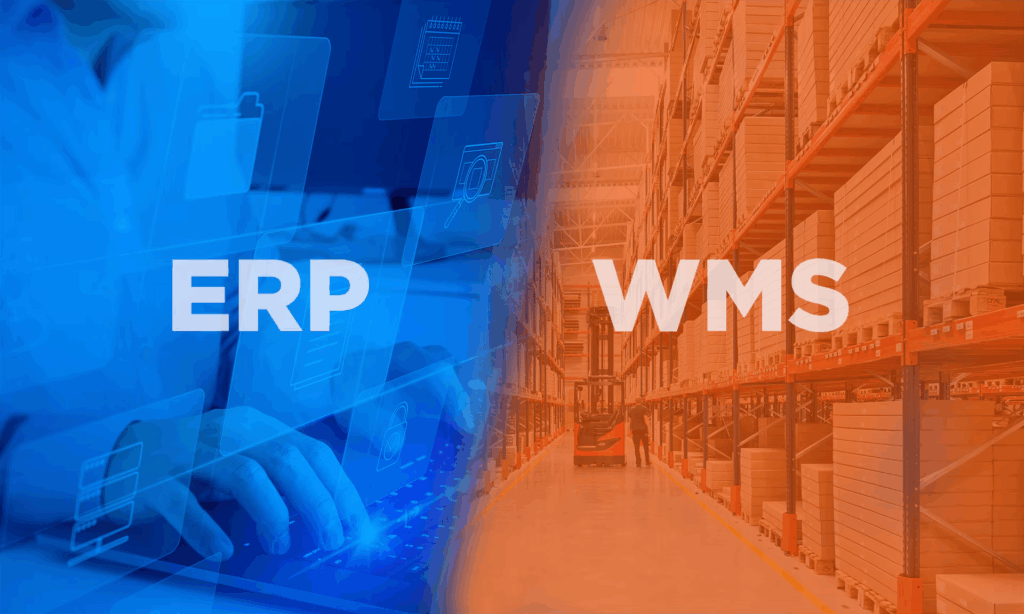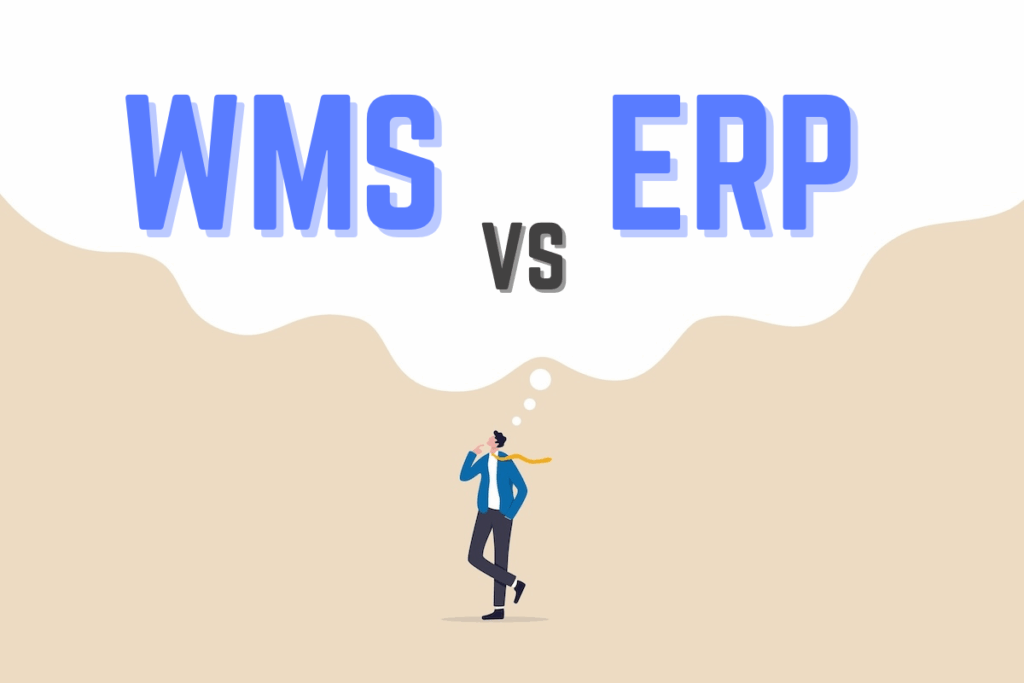How to Choose the Right WMS or ERP System: A Practical Guide
Choosing between a Warehouse Management System (WMS) and an Enterprise Resource Planning (ERP) system can be challenging for businesses aiming to improve operations, reduce costs, and enhance efficiency. Both systems manage different parts of the supply chain, but knowing which one fits your company’s needs will help you make smarter decisions and boost performance. This guide explains the key differences, selection tips, and how Postalparcel’s logistics services can support your business even if you’re not ready to invest in a full system.

Understanding WMS vs ERP
A WMS (Warehouse Management System) focuses on controlling warehouse activities—inventory tracking, order picking, shipping, and receiving. In contrast, an ERP (Enterprise Resource Planning) system connects multiple business functions, including accounting, HR, sales, and supply chain management.
1. What WMS Does Best
WMS is built to optimize daily warehouse operations. It gives real-time visibility into inventory movement and improves accuracy.
Key features of a WMS include:
- Real-time inventory tracking
- Order picking and packing optimization
- Barcode or RFID scanning for accuracy
- Warehouse layout and route optimization
WMS is ideal for businesses managing large inventories, multiple warehouses, or high-frequency shipments.
2. What ERP Offers
ERP, on the other hand, centralizes all business processes. It provides a single system to manage everything from sales orders to financial reporting.

Core ERP functions include:
- Accounting and finance management
- Procurement and supplier management
- Human resources
- Sales and customer relationship tracking
ERP gives management a global overview of the business, making it easier to plan, forecast, and allocate resources effectively.
WMS vs ERP: Which One Should You Choose?
Choosing between WMS and ERP depends on your company’s size, operations, and long-term goals. Below are practical points to consider before making a decision.
1. Your Business Focus
- If your main challenge is warehouse efficiency—picking accuracy, faster fulfillment, and inventory visibility—then WMS is the smarter choice.
- If your goal is to unify operations across departments (finance, HR, procurement, and logistics), ERP offers more strategic advantages.
2. Budget and Complexity
- WMS systems are often more affordable and quicker to deploy.
- ERP systems are more expensive, require deeper integration, and are better suited for larger organizations.
3. Scalability and Integration
Many companies start with a WMS and later integrate it into an ERP platform as the business grows. The two can work together to deliver comprehensive operational control—WMS for warehouse precision, ERP for strategic planning.

How Postalparcel Enhances Your Logistics Operations
Even if your business isn’t ready to implement a full WMS or ERP solution, Postalparcel can help streamline your logistics operations with powerful service capabilities.
1. Advanced Carrier and Delivery Management
Postalparcel offers professional carrier management and delivery services that work like an intelligent logistics layer for your business. Whether managing multiple couriers or tracking delivery performance, our service helps ensure reliable, fast, and cost-effective delivery solutions.
- Multiple carrier coordination
- Real-time delivery status tracking
- Performance and cost optimization
These capabilities can support your existing WMS or ERP setup—or work independently as a service that simplifies your logistics workflow.
2. Efficient Inventory and Order Management
Managing inventory effectively doesn’t always require a complex WMS. Postalparcel’s inventory and order management service gives businesses real-time control of stock levels, order status, and fulfillment accuracy.
- Centralized inventory visibility
- Real-time stock updates
- Automated order status notifications
This service helps businesses operate efficiently, even without investing in expensive system implementations.
Key Differences Between WMS and ERP
| Feature | WMS | ERP |
|---|---|---|
| Main Purpose | Warehouse operations | Company-wide process integration |
| Key Functions | Inventory, picking, shipping | Finance, HR, supply chain |
| Best For | Logistics-heavy businesses | Enterprises with multi-department needs |
| Implementation Cost | Lower | Higher |
| Integration | Often standalone | Centralized system |
| Scalability | Easier to scale | More complex but complete |

Common Mistakes to Avoid When Choosing
- Ignoring business size and complexity – Small businesses may not need a full ERP; WMS might be enough.
- Overlooking integration needs – Ensure your chosen system can integrate with future technologies.
- Focusing only on cost – Cheap solutions can lead to higher long-term expenses if they don’t scale well.
- Neglecting staff training – Even the best systems fail without proper user training.
Combining WMS and ERP for Maximum Efficiency
Some companies find that using both systems together provides the best of both worlds. A WMS can manage daily logistics and warehouse operations, while ERP ensures company-wide coordination. The two can exchange data seamlessly to create a fully connected supply chain.
This combination enables:
- Real-time inventory and order visibility
- Unified financial and operational reporting
- Streamlined fulfillment processes
Why Choose Postalparcel as Your Logistics Partner
Postalparcel helps businesses simplify logistics management without the complexity of large-scale software systems. Whether you run an eCommerce store or a manufacturing operation, our services bring precision, speed, and flexibility to your logistics workflow.
- Carrier management service ensures every delivery is tracked and optimized for cost and speed.
- The inventory and order management service provides full visibility from the warehouse to customer delivery.
With Postalparcel, businesses can achieve the performance of a high-end WMS and ERP integration—without the heavy setup cost.
Conclusion
Selecting between WMS and ERP depends on your company’s specific needs, size, and goals. WMS offers strong control over warehouse operations, while ERP provides an integrated solution for managing all business functions. However, logistics success doesn’t always require complex systems.
Postalparcel offers professional carrier management and inventory services that bring the same operational benefits as WMS or ERP—at a fraction of the cost. Start optimizing your logistics operations today with Postalparcel and experience efficiency, transparency, and growth in every delivery.
Industry Insights
news via inbox
Nulla turp dis cursus. Integer liberos euismod pretium faucibua








